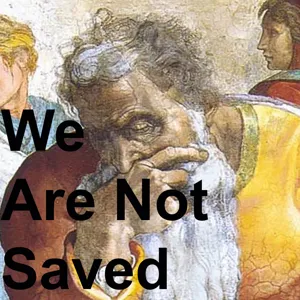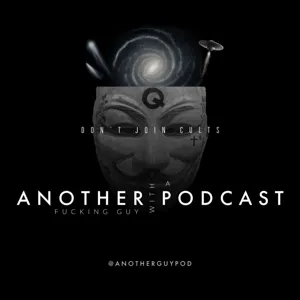“A Guide to Action To Bring About Change in the World” - Lenin 100 Years Later With Paul Le Blanc

Today marks the 100th anniversary of the death of Vladimir Lenin. A couple months ago we had the pleasure of speaking with Paul Le Blanc, the author of a new book entitled Lenin: Responding to Catastrophe, Forging Revolution.
Paul Le Blanc is an activist dating all the way back to Students for a Democratic Society or SDS in the 1960’s. He is also an acclaimed historian who teaches at La Roche University in Pennsylvania. He is the author of too many books to name, but several on Lenin, Trotsky, CLR James, Rosa Luxemburg and other revolutionaries and movements.
We talk to Le Blanc about Lenin’s flexibility, his understanding of Marxism as not a dogma, but a guide to action, his belief that ordinary people could and must change the world, and his childhood. We also get into the concept of the United Front, Lenin’s experiences working with individuals who did not share his ideology, his understanding of dialectics, and his fierce commitment to struggle and to constant learning from struggle. Paul shares some thoughts on Lenin’s analysis of imperialism, his concept of revolutionary defeatism, and the question of authoritarianism, bureaucratization, and democracy through examples in Lenin’s life and leadership as well as what he advocated on these issues at the end of his life.
We close with some thoughts from Le Blanc on today and the type of approach he thinks organizations and parties need to undertake in today’s world in order to change it once again before it’s too late.
We deeply appreciate Paul Le Blanc for taking the time to talk to us about his book which is available now from Pluto Press.
We would like to thank Aidan Elias who did the lion’s share of the production work on this episode.
If you appreciate the work that we do, the best way to support the show, to stay updated on our study groups, follow any writings Josh or I may publish, and keep track of our work on both YouTube and our audio podcast feed is to become a patron of the show. You can join that for as little as $1 a month or $10.80 per year at patreon.com/millennialsarekillingcapitalism. We have a new study group that will be announced this week, so keep an eye out for that.














